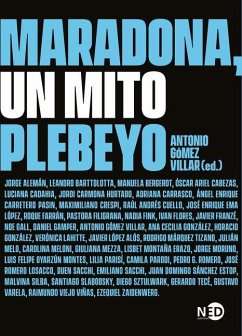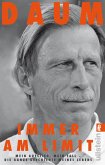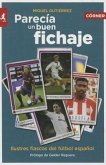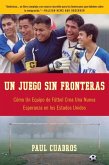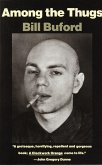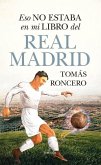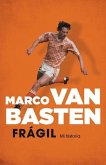Maradona gave us another possible body, a face, his curls. The body and the color of the village. He gave us a tongue, incendiary. He gave us politics, always the most irreverent. It gave us a movement, grace, cunning, insolence. It gave us happiness, the most plebeian. He gave us overflow, he taught us lust. He wanted it for everyone, like the gold of the Vatican. It was the dream, the dream of the many. When he was among the masters, he spat out his hand and returned to the mud. Everything was given, until the end. They wanted to capitalize on everything, to the end. Even his old and broken body. With no remains. El Diego, a myth made of vulnerabilities and excesses, operated as a surface of inscription, catalyst and support to express the shared affections of community. This is not an ordinary collective book, but a hypothesis deployed collectively, an attempt to think about the event that his absence entailed.
Hinweis: Dieser Artikel kann nur an eine deutsche Lieferadresse ausgeliefert werden.
Hinweis: Dieser Artikel kann nur an eine deutsche Lieferadresse ausgeliefert werden.

